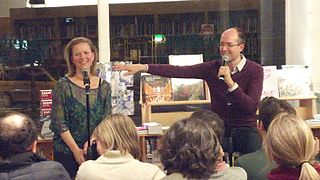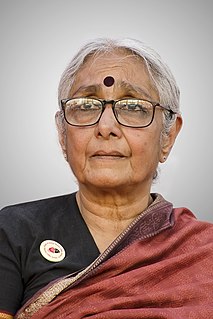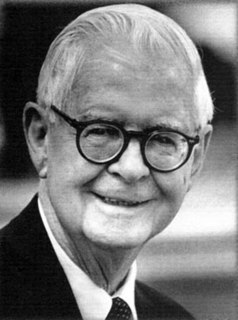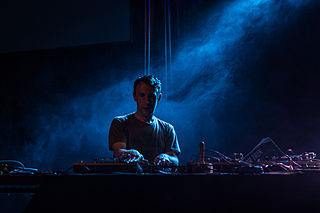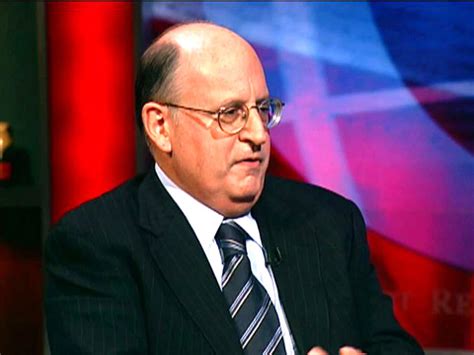A Quote by William Zinsser
No one has something original or important to say will willing we run the risk of being misunderstood; people who write obscurely are either unskilled in writing or up to mischief
Related Quotes
We call people who work with mud and earth, and sand and stone, unskilled labor in India. I cannot in this lifetime wield the implements that they use either to dig the earth or to shovel the earth. I can't carry the loads. That's extremely specialized. But they are called unskilled, and I am called skilled because I can write with the pen. I cannot accept this. I find it extremely non-egalitarian to say they are unskilled and I am skilled. It's only a way of looking at it. Knowledge is also like that.
The poet wants to ‘say’ something. Why, then, doesn’t he say it directly and fortrightly? Why is he willing to say it only through his metaphors? Through his metaphors, he risks saying it partially and obscurely, and risks saying nothing at all. But the risk must be taken, for direct statement leads to abstraction and threatens to take us out of poetry altogether.
Thoughts are created in the act of writing. [It is a myth that] you must have something to say in order to write. Reality: You often need to write in order to have anything to say. Thought comes with writing, and writing may never come if it is postponed until we are satisfied that we have something to say...The assertion of write first, see what you had to say later applies to all manifestations of written language, to letters...as well as to diaries and journals
You have to fight against all the things that will keep you out of writing, because life doesn't go with writing. You will always have something more important to do: you will have to take your children to school, you will have to cook something, you have to meet friends. But you have to fight if you want to write.
I want to reach people and express myself. You have to put up with the risk of being misunderstood if you are going to try to communicate. You have to put up with people projecting their own ideas, attitudes, misunderstanding you. But it’s worth being a public fool if that’s all you can be in order to communicate yourself.
The real truth - like anything, you have an idea about something you might write and it changes. People reflect on it or you get other ideas and maybe your original idea is radically different than how it ends up being. It's not a theorem. You don't sit down and prove something. You start with an initial idea and it grows and grows. The math of the narrative changes. In some ways your original document and what the film ends up being are quite different.


